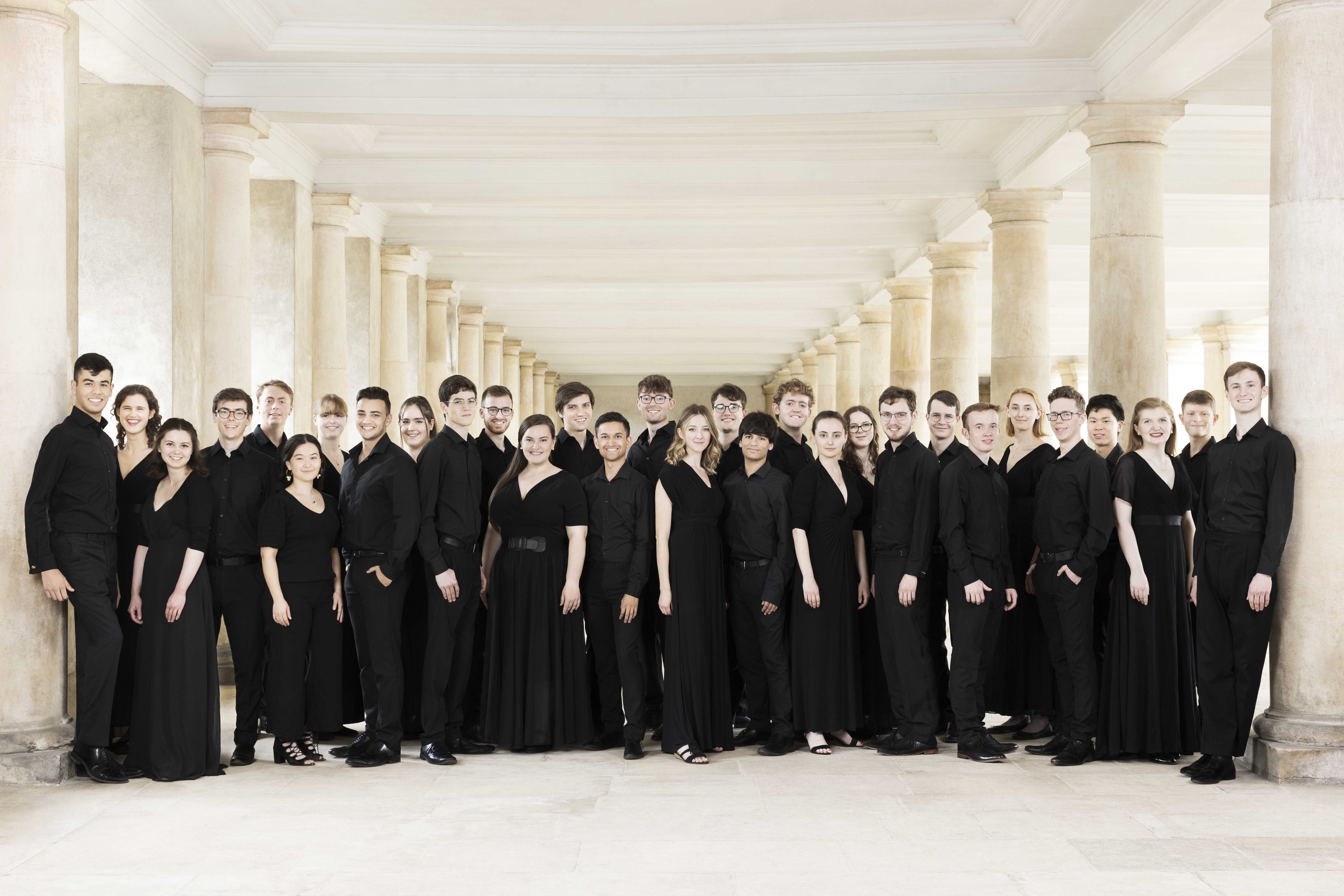Beyond All Mortal Dreams - Classic FM Magazine
> See recording details...The Sweetest of Dreams
Stephen Layton and the Trinity College Choir unearth choral works of rare beauty.
First, a health warning: it is impossible to do anything else but listen once the opening track of this glorious album begins. Don’t pop it on your iPod if you’re planning on walking anywhere quickly as you’re more likely to find yourself staring off into the distance wistfully instead. And it will keep you hypnotised for a blissful 70 minutes, following which you will silently extend your index finger, press play, and start it all over again. Here is music-making of the highest quality.
It’s probably fair to say that, in the UK at least, most of these composers aren’t exactly household names: René Clausen, Healey Willan, Ola Gjeilo, Frank Ferko. Eric Whitacre, on the other hand, has certainly become well known and although it is his Light and Gold album that is a near-permanent fixture in the Classical Charts, it was Stephen Layton’s recording with Polyphony, Cloudburst, which put Whitacre on the musical map (Hyperion, CDA 67543). I would still recommend Cloudburst above any other recording of Whitacre’s music. This new album from Layton and the Choir of Trinity College doesn’t feature Whitacre’s music but is does deserve at least as much success as Cloudburst and the composers – familiar names or not – merit the same recognition that Whitacre is currently enjoying.
Beyond All Mortal Dreams opens with René Clausen’s magnificent Tonight eternity alone, a setting of four short lines from Thomas S Jones’s (1882-1932) Dusk at Sea. Clausen gently caresses every syllable of the text, de-coupling the words from their context and so creating a sense of weightless drifting. Then, without warning, there is an extraordinary climax; sopranos Ruby Dayan and Hannah Partridge suddenly leap to the vocal heavens and precipitate an ecstatic choral blossoming on the words, ‘The sunset, and the darkening blue’. It’s the first heart-stopping moment on a disc filled with them.
The three Stephen Paulus pieces – The day is done, Pilgrim’s Hymn and Hymn to the Eternal Flame – are notable for the economy of means by which they make their considerable emotional impact. Paulus has an exceptional melodic gift and has written three works that should be within the technical reach of any decent choir. Hymn to the Eternal Flame, in particular, is so simply effective and accessible that it deserves to be in the repertoire of every parish choir in this country.
But not everything is so simple. In his Lux aeterna Edwin Fissinger builds sky-scraping note clusters and through the careful rearrangement of notes within the clusters shifts the tone of the music from darkness to light virtually on every syllable. It’s a mesmerising effect.
William Hawley’s two motets, Mosella and Te vigilans oculis, relate to each other in a quite fascinating way. They are both built of largely the same musical material, only the second motet is a ‘minor key’ version of the first. It’s fascinating to hear how Hawley subtly rearranges the musical building blocks (melody, harmony, dynamics) of the first motet in the second to reflect the different emotions expressed in the darker second text.
The youngest composer on this disc, Ola Gjeilo (born 1978) is represented by two striking pieces – Sanctus and Phoenix – that show the clear thumbprint of a composer who is as at home in classical music as he is in pop and film music. At the opposite end of the musical spectrum is the composer Healey Willan (1880-1968) whose oeuvre is very much coloured by the British school of composition of the early 20th century (Finzi, Bridge etc). Willan’s claim to dame is that he was commissioned to write an anthem for Elizabeth II’s coronation in 1953.
I don’t have space to mention all of the choral wonders on this disc but I can say with certainty that it is an album that will repay repeated listening for years to come. In fact, if I had to make a criticism at all it would be that perhaps there is a little too much sumptuous music. It’s the aural equivalent of tucking into a massive chocolate gateau. You’ll certainly enjoy the process for a while but you may find that you are fit to burst before you reach the final chocolatey spoonful. Every nuance of the performances has been perfectly captured by producer Adrian Peacock in the radiant acoustic of Trinity College Chapel and the disc comes complete with excellent booklet notes by Gabriel Crouch. Go on, indulge yourself.
James McCarthy

Hyperion Records CDA67832
